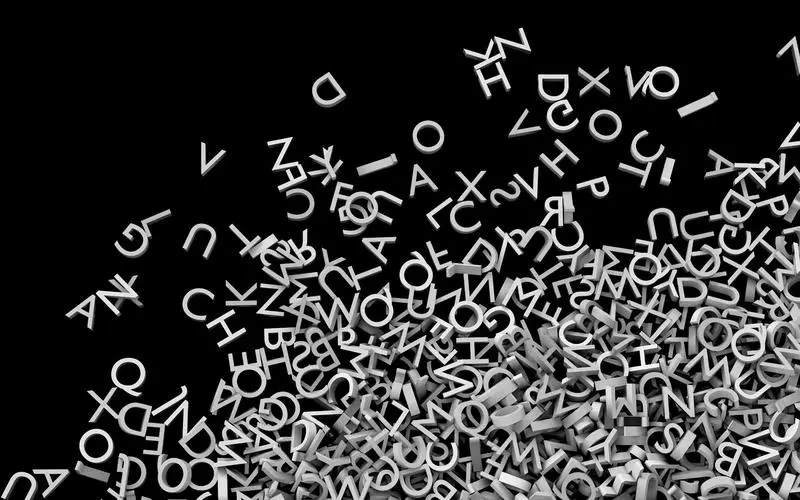Gödel’s famous incompleteness theorem showed us that there is a statement in basic arithmetic that is true but can never be proven with basic arithmetic. But that is just the beginning of the story. There are more true but unprovable, or even able to be expressed, statements than we can possibly imagine, argues Noson S. Yanofsky. Mathematics has long been viewed as the great bastion of certainty. This absolute certainty comes from the notion of proof. We have confidence that what is proven from true axioms will always be true. Scientists and philosophers are envious of the mathematician’s certainty. Some philosophers, like Spinoza and Wittgenstein, even tried to mimic the lofty proofs of the mathematician in expressing their philosophical ideas.[related id=2071]Part of this certainty came to a halt in 1931 when a twenty-five-year-old Austrian logician named Kurt Gödel proved a revolutionary theorem that shook the foundations of mathemati…
Read the full article which is published on IAI TV (external link)







